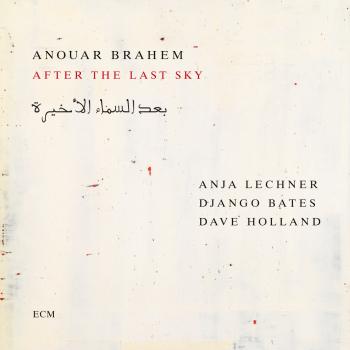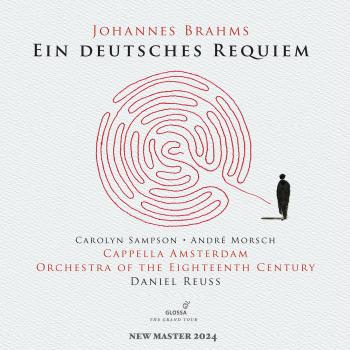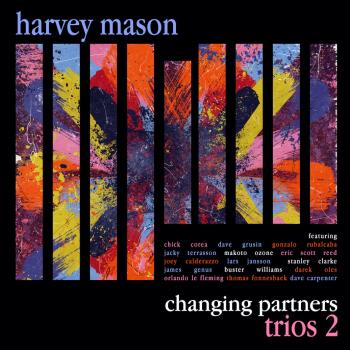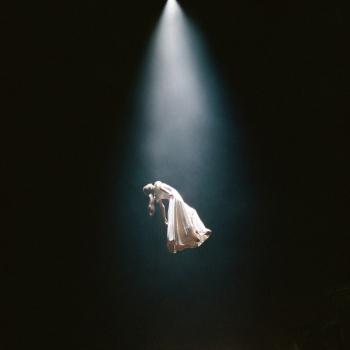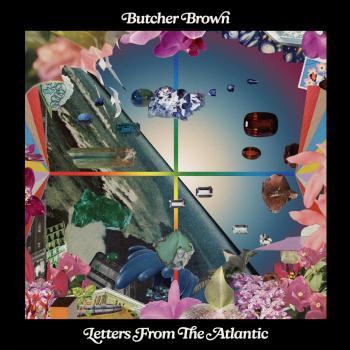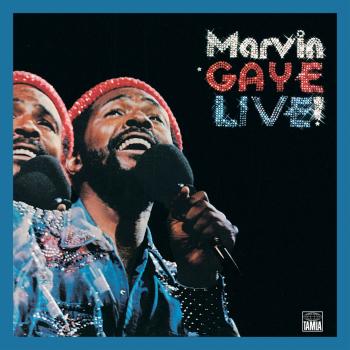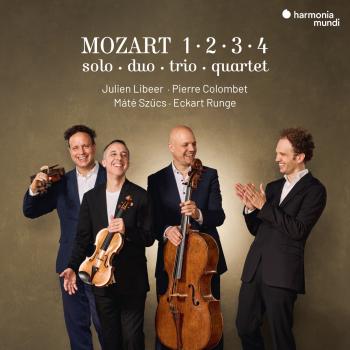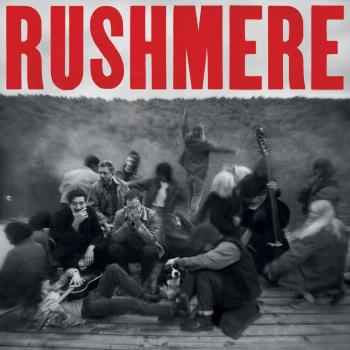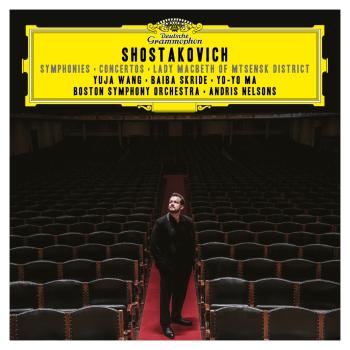Wilbur Ware
Biography Wilbur Ware
Wilbur Bernard Ware
(September 8, 1923 – September 9, 1979) was an American jazz double-bassist known for his creative use of time and space, his angular, unorthodox solo technique and a distinctive percussive sound. He was a staff bassist at Riverside Records in the 1950s, playing on many of the label's sessions, including LPs with such widely diverse stylists as J.R. Monterose, Toots Thielemans, Tina Brooks, Zoot Sims, and Grant Green.
Born in Chicago, Ware taught himself to play banjo and bass and he approached the double bass not only as a melodic and rhythmic instrument but also as a percussive instrument. In the 1940s, he worked with Stuff Smith, Sonny Stitt and Roy Eldridge. He recorded with Sun Ra in the early 1950s. Later in the 1950s, settling in New York City, Ware played with Eddie Vinson, Art Blakey, and Buddy DeFranco. His only album recorded under his own name during his lifetime was The Chicago Sound, from 1957, while Ware was signed to Riverside. Ware was also active in studio recordings of several Music Minus One (MMO) jazz instructional LPs made in a New Jersey studio in the late 1950s, several of which have now been re-released on compact disc. In 1958, Ware was one of 57 jazz musicians to appear in the photograph A Great Day in Harlem.
In 2012, Ware's widow Gloria produced and released a collection of previously unreleased studio tracks made with trumpeter Don Cherry, under the title Wilbur Ware: Super Bass. The CD also contains a 5-minute track in which Ware describes his early years in music and his life in jazz.
Ware is best known for his work with the Thelonious Monk quartet in 1957-58 and for his live recordings with the Sonny Rollins Trio at the Village Vanguard. Ware's exceptional timing, economic placement of notes combined with an adroit use of space and time in ensemble playing with Monk was perfectly suited to the pianist's music. Perhaps the best illustration of this is Ware's inter-play with Monk on "Off Minor" (Take 5) as Monk and Ware create a piano-bass dialog that increasingly builds a tension that is at last resolved with Ware's highly creative and angular extended bass solo that remains one of the finest ever recorded in modern jazz. Ware's unique ability to interpret Monk compositions, combined with his impeccable, and swinging sense of time and his percussive attack, perhaps made Ware the most perfectly suited bassist ever to work with Monk. Ware and fellow bassist Israel Crosby were leading examples of the more laid-back "Chicago Sound" approach to the bass during the 1950s.
Ware struggled with narcotics addiction that resulted in his return to Chicago in 1963 and a period of incarceration, and was largely inactive musically for about six years. In 1969, Ware played with Clifford Jordan, Elvin Jones and Sonny Rollins. He later moved to Philadelphia, where he died from emphysema in 1979.
Although Ware has often been critiqued by modern-day schooled double bassists for his use of an unorthodox fingerings and left-hand shifts, he nevertheless had a mastery of all the fingerboard positions and his remarkable speed of execution enabled him not only to execute the correct chord tones but to craft uniquely structured solo movements on some of most difficult music in the genre. In his last years Ware was enthusiastically involved with the avant garde school.

